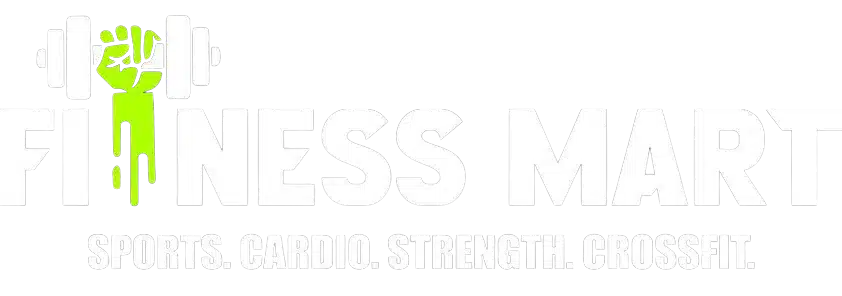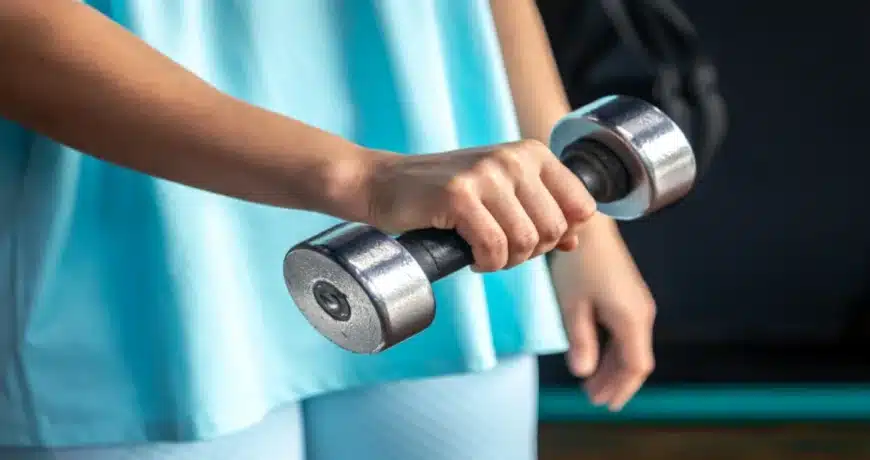No products in the cart.
What Are Dumbbells Used For? Leave a comment
Dumbbells are compact, versatile tools that you’ll find in gyms and homes worldwide. They are essential for weight training and come in different sizes and styles to fit various fitness needs. Here’s a simple guide on why people use dumbbells and how they can help you get stronger and healthier.
Historical Background
Dumbbells have been around for a long time. They started as ‘halteres’ in ancient Greece, used mainly for sports and training. Over time, these tools have evolved into the modern dumbbells we use today, offering a way to perform a wide range of exercises.
Primary Uses of Dumbbells
Here’s what dumbbells are commonly used for:
Strength Training: The most popular use for dumbbells is to build and tone muscles. By lifting them, you can target specific muscle groups like your arms, shoulders, and chest.
Endurance Training: If you use lighter dumbbells and do more reps, you can increase your muscle stamina instead of just size.
Cardiovascular Fitness: You can also use dumbbells to make your heart stronger. Just use them during aerobic workouts to raise your heart rate and improve heart health.
Benefits of Dumbbell Exercises
Why are dumbbells so great? Here are a few reasons:
Versatility: You can do loads of exercises with them, working out almost every part of your body.
Convenience: They don’t take up much space, so they’re perfect for home gyms. You can store them easily and pull them out whenever you need.
Range of Motion: Dumbbells let you move freely, which helps you exercise more naturally and effectively.
Symmetry and Balance: They help you evenly build strength since each arm or leg works independently.
Types of Dumbbell Exercises
You can do lots of exercises with dumbbells:
Upper Body Workouts: Like bicep curls, tricep extensions, and shoulder presses.
Lower Body Workouts: Including squats, lunges, and deadlifts.
Core and Stability: Such as twists and weighted crunches.
Choosing the Right Dumbbells
Are you thinking about getting some dumbbells? Consider these points:
Types of Dumbbells: You can choose between fixed-weight or adjustable ones depending on your space and how varied you want your workouts to be.
Material: They come in metal, rubber, or vinyl, each offering different grips and durability.
Weight Selection: Start light and build up as you get stronger to avoid injury.
Safety Tips When Using Dumbbells
Make sure to stay safe by:
Keeping the proper form to avoid hurting your back or shoulders.
Warm up before you start to prepare your muscles and joints.
Dumbbells are simple yet powerful tools that can help you build muscle, increase endurance, and boost your heart health. They fit easily into home gyms, making them great for routine workouts. Adding them to your workouts helps improve your fitness and health over time.
Frequently Asked Questions About Dumbbells
Q1: Can dumbbells help with weight loss?
Yes! Using dumbbells increases muscle mass, which can speed up your metabolism and help you burn more calories, even when you’re at rest.
Q2: How often should I use dumbbells?
About 2-3 times a week is good. Make sure to rest between sessions to let your muscles recover.
Q3: What size dumbbells should beginners use?
Start with a weight that lets you comfortably do 10-15 reps. As you get stronger, you can gradually increase the weight.
Q4: Are adjustable or fixed-weight dumbbells better?
It depends on your needs. Adjustable dumbbells are great for saving space and changing up your workout, but fixed weights are more durable.
Q5: Any tips for using dumbbells at home?
Make sure you have enough room and use a non-slip mat. Also, keep your form in check to avoid injuries.



























